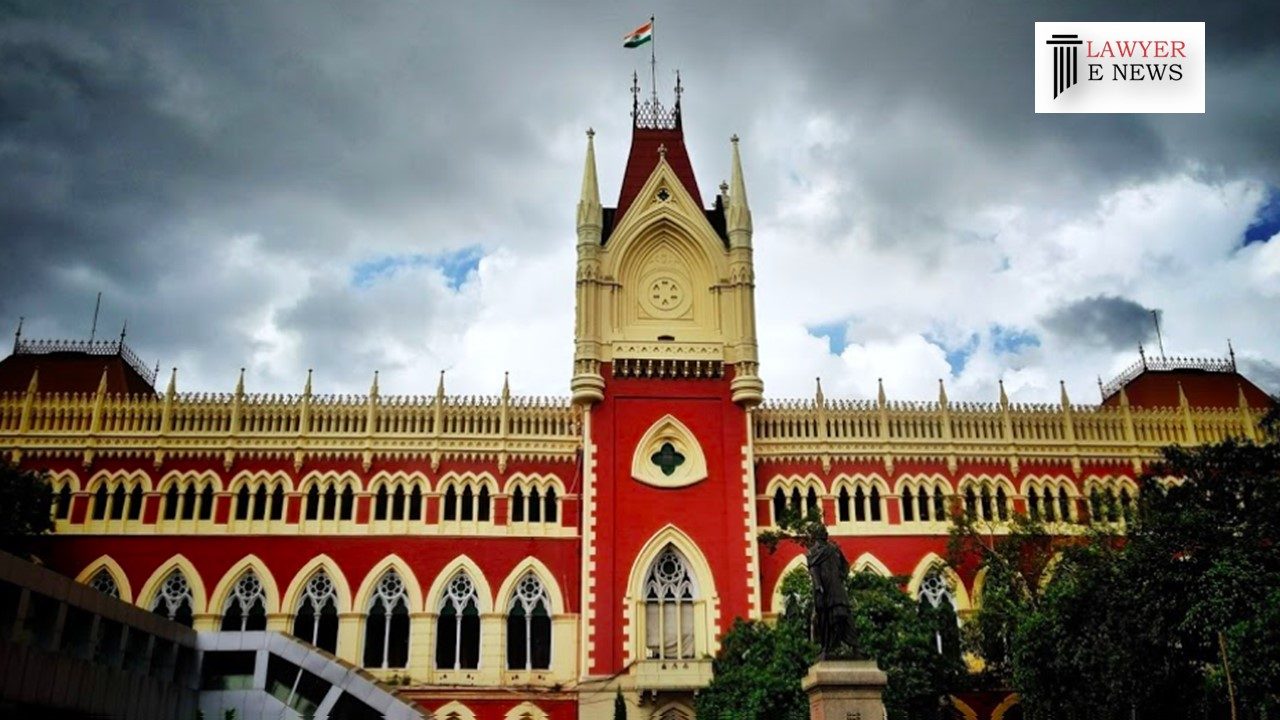-
by sayum
14 February 2026 2:22 PM



The High Court emphasizes adherence to established appointment procedures but acknowledges specific case circumstances to justify the decision.
The Calcutta High Court, in a significant judgment, has upheld the appointment of Mihir Kumar Hazra as an Assistant Teacher at Raghunathpur High School, despite procedural lapses and allegations of record tampering. The Court, led by Justices Tapabrata Chakraborty and Partha Sarathi Chatterjee, directed the State to compensate Hazra with Rs. 10 lakhs due to the protracted litigation spanning over three decades, which deprived him of his employment rights.
The litigation originated from a writ petition filed by Mihir Kumar Hazra in 1992, seeking approval and regularization of his service as an Assistant Teacher in Biology at Raghunathpur High School, starting from November 16, 1987. The school’s managing committee and state authorities initially resisted his appointment, citing procedural lapses, lack of requisite qualifications, and alleged interpolations in records. Despite various interim orders in Hazra’s favor, including a 1995 order from a single judge directing his service approval, the school functionaries forcibly removed Hazra from his post. The appeal against this order, filed by the school authorities, was finally adjudicated in 2024.
The Court noted significant contradictions in the affidavits submitted by the state over the years, undermining their stance. In particular, the state had admitted in a 1993 affidavit that the post for which Hazra was appointed was a vacant, permanent position sanctioned by the District Inspector of Schools (DI) in 1976.
The High Court acknowledged procedural lapses in Hazra’s appointment but found no substantial evidence to support claims of record tampering. The Court observed, “The argument that the letter of appointment issued by the then Secretary of the said school did not confer any right upon Mihir was rightly discounted by the learned Single Judge.”
Highlighting the jurisprudence on affidavit evidence in writ proceedings, the Court stressed the importance of consistent and fair administrative actions. Justice Chakraborty noted, “The adjudicatory field of the writ Court is solely on the basis of ‘affidavit evidence.’ When a point which is ostensibly a point of law is required to be substantiated by facts, the party raising the point must plead and prove such facts by evidence which must appear from the counter-affidavit.”
The Court emphasized the need for equitable relief, considering the prolonged deprivation of Hazra’s employment rights. Given the unique circumstances and the absence of a sanctioned vacancy at the time of his appointment, the Court deemed it equitable to uphold his appointment. It also underscored that Hazra had served the school for nearly five years before the dispute arose, and his service was protected by interim orders.
Justice Chakraborty remarked, “Any direction to regularize the entire tenure of service of Mihir from 1987 till 2024 and to grant all consequential benefits including pension would cause a greater loss and prejudice to the State authorities than the issuance of any direction upon them to pay a lump sum amount to Mihir.”
The High Court’s decision underscores the judiciary’s commitment to balancing procedural adherence with equitable relief. By affirming Hazra’s appointment and ordering compensation, the judgment sends a strong message about the need for fair and consistent administrative actions, especially in long-pending employment disputes. This landmark decision is expected to influence future cases, highlighting the importance of procedural fairness and equitable relief in the Indian legal landscape.
Date of Decision: June 2024
The Secretary, Raghunathpur High School & Anr. Vs. Mihir Kumar Hazra & Ors.
